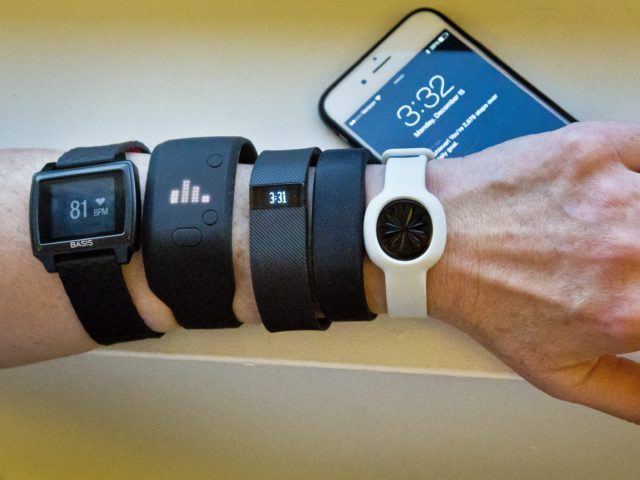A column in The Guardian this week argues that a new exercise tracking product aimed at children may lead to unhealthy attitudes about exercise and fitness and is a “fat-shaming toy.”
A new device from Fitbit that is designed to remind children to stay active has earned the ire of columnist Barbara Ellen. In a column published on Sunday, Allen argued that the “Fitbit Ace” may cause children to develop unhealthy attitudes about exercise and fitness.
Ellen began by highlighting the United Kingdom’s problem with childhood obesity. Approximately a third of children between the ages of two and 15 in the United Kingdom are either overweight or obese.
“Children are already bombarded with harmful messages about body image. Overweight kids are teased. Normal-sized girls feel that they should be on strict diets,” Ellen wrote. “Even young boys are succumbing to anorexia. Do children need what amounts to a ‘fat-shaming toy?'”
“While the Fitbit Ace is monitoring physical progress, who is monitoring the child’s reactions and emotions? After all, motivating children to get fit is just one important aspect; another would be stopping them from going too far with what may feel like a new playground craze,” she continued.
Ellen finished by arguing that the “Fitbit Ace” could lead to the development of “orthorexia,” which is a proposed eating disorder characterized by an obsession with fitness and healthy eating.
One comment on the column condemned Ellen’s perspective. “Encouraging kids (or adults) to lead active, healthy lives does not equate to fat-shaming,” the commenter wrote. “It’s literally that simple.”

COMMENTS
Please let us know if you're having issues with commenting.